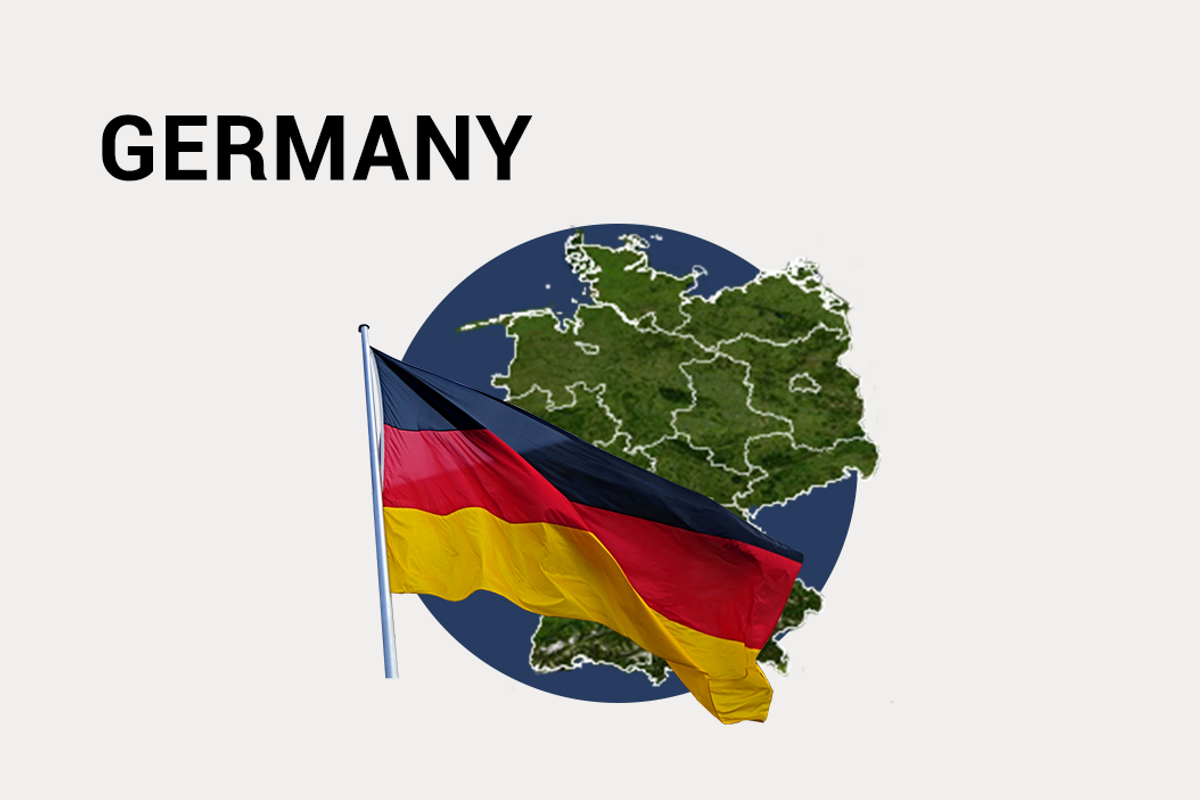Torsten Riecke is an international correspondent for Handelsblatt, the German financial daily. Our conversation has been edited for length and clarity.
Carlos Santamaria: Do Germans think the US election will make a difference for them?
TR: When President Trump came into power, it was clear very quickly that the Transatlantic relationship is going to change. And that's what happened. So issues like defense, taking care of Germany's own security, and the latest news that is he is pulling out the troops, which affects communities in Germany. Germany has to spend more money on defense. We have a debate about this now, which I think it's a good thing, but people begin to realize that we are in a new phase of this relationship. It already started before with the Obama administration, because he touched on that issue, too. But it was much more forceful from the Trump administration.
CS: How do Germans view the increasingly antagonistic relationship between the US and China?
TR: There's some kind of looking back to the good old times, when everything was okay, but I think people are realizing now that those times are not going to come back, even if the White House has a new president in November. This is kind of a painful process here because of our history as a country of World War Two. So we are actually in a debate about that — Germany needs to play a bigger role on the world stage and that will have to be with more hard power than we have been used to. We actually outsourced our security to NATO and the United States.
CS: How do Germans view Angela Merkel's handling of these difficult last few years?
TR: If you look at President Trump and the chancellor, obviously the personalities — and you can actually see it when they meet — they are so different. It's so visible. If you look at the faces, the gestures, they're very different people. That was completely different with the Obama administration, especially with President Obama. They had a very good relationship, even a friendship. Obama left office and came to Germany, met Merkel. They had a public appearance. So this was really close on a personal level.
But Merkel is very pragmatic in this sense. She's very rational. She tried to make it look as good as it goes. And she knew and she still knows all the difficult parts when it comes to dealing with this president, Trump. But this is probably the biggest gap we have at the moment. We don't have any strong personal relationship between the leaders of the two countries. And that's very different from the past, even in the early years of the second Bush administration. There were big differences over the Iraq War, but they were still talking. In the real meetings, behind closed doors, they were actually shouting at each other, but at the moment it's kind of an indifference on both sides.
Germany's not that important for the US, and Germany feels that it has to look elsewhere when it comes to very important issues.
CS: Do you think a Biden presidency can rekindle the relationship?
TR: That's going to be tricky because I think on a personal level, Biden is well known here because he is a foreign policy politician. So he's very well connected in the political class here in Germany and in Europe. People know him. He comes over as very comfortable. He's a guy you can talk to. He's not that difficult to deal with. But when it comes to the policy issues, there will be some awakening here in Germany that even what the Biden administration will say on China — let's say mostly it won't be so different from what the Trump administration is actually asking for at the moment.
CS: Are you saying Germans look forward to Biden, but will be adjusting expectations that there are certain things that will just have to continue as is for some time?
TR: I think the wider public, the people on the street, they would love to see change in the White House when it comes to the November election. Just for personal reasons, to make it easier, to not be scared anymore about what's going on in the White House and what's happening with the pandemic.
On the political level, there is this process ongoing that they need to find a new way of talking, dealing with the US. The foreign ministry here in Berlin came out a half year ago with the need of a US strategy for Germany. Very unusual. This was an issue we didn't have to talk about because it was a friendship. It was a good relationship all the time.
Now we see the need of having a US strategy. That means we have to change something, obviously. Otherwise there wouldn't be a need for that. And at the same time, a different department talked about the need of a China strategy. And this puts Germany, and Europe, in the middle between those two superpowers, but still knowing that there is no equidistance between Washington and Beijing.
We are much more aligned with our partners in the US. But we have to change the partnership. This process is still in its early days. And I'm doubtful that the political class will be ready to have figured all things out, even if Biden becomes president.
This interview is part of the GZERO project Global voices on the US election, which you can find in full here.






